St Dunstan’s College hosts groundbreaking conference on adolescent addiction
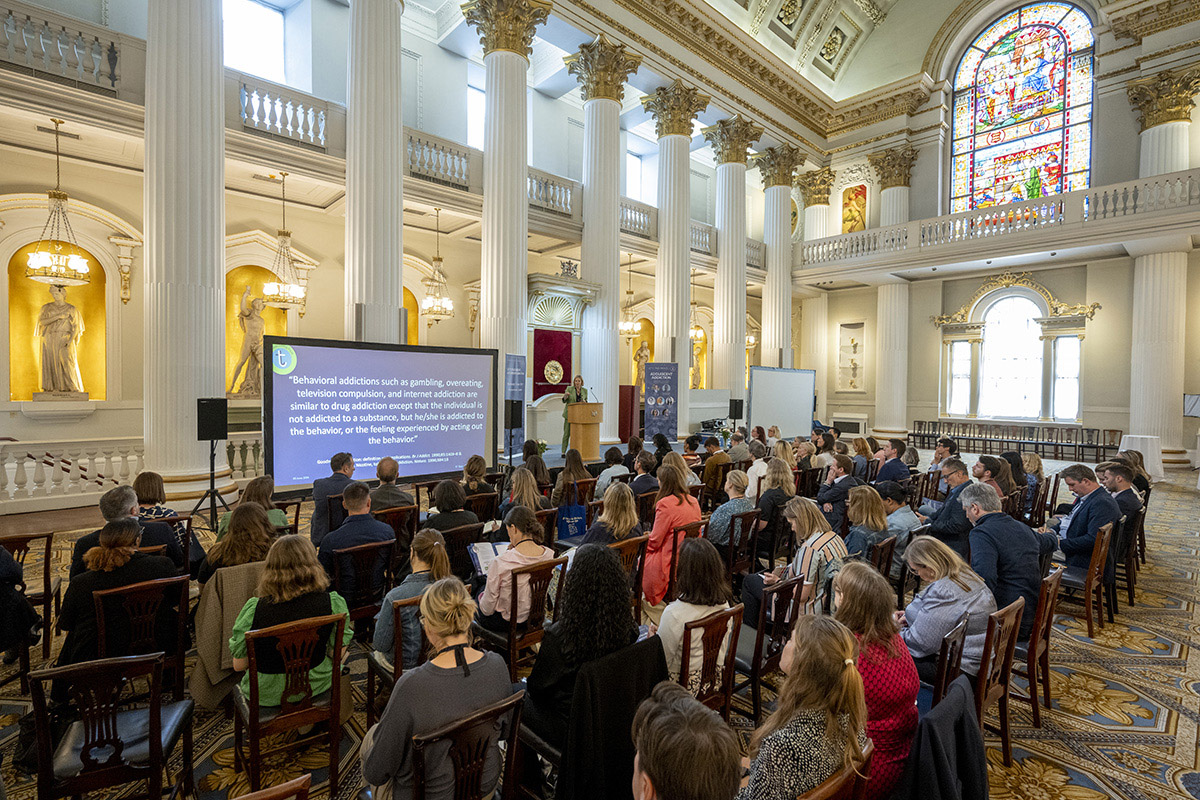
St Dunstan’s College(@StDunstansColl), Catford, London, was delighted to host a groundbreaking conference on Wednesday 5 June 2024 on the theme of adolescent addiction.
The ‘Let’s Talk About… Adolescent Addiction’ brought together heads, deputy heads and pastoral leaders and professionals from schools, both state and independent, charities and community groups working with young people. The event, hosted at Mansion House, followed last year’s inaugural conference, which discussed pornography and sex education.
Opening the conference, St Dunstan’s Head, Nick Hewlett, told the audience:
‘Young people have always taken risks. They have always wanted to drift into behaviours and actions that engender the risk of addictive habits. As I am sure we will hear about today, their brains are hardwired to do so. Indeed, you and I can all look back to our own childhood, no doubt, and recount choices and behaviours that we would rather forget. Some might argue that there is nothing new in young people wanting to experiment with alcohol, with drugs, with vapes, with gaming – all part and parcel of growing up. Except it is different.
‘The landscape has changed and the challenges and threats are greater than they have been in the past. Firstly, the opportunities for risk taking are now more prevalent than ever. The online world has opened a pandora’s box of opportunities for young people to get the dopamine hit we know they crave, but in ways that have long term consequences. After years of positive strides curtailing the advertising of cigarettes, we see a blossoming market in the slick advertising of vapes – when supermarkets replace their confectionery with vaping devices, surely we know we are in trouble.’
He added:
‘The teenage mental health crisis, born in large part from the social media and digital age, leads to our young people being drawn to addictive behaviours like never before.
‘And yet despite this, our curriculum has still not really caught up. We are still teaching much the same content as we always have done, and our distribution of teaching time, skewed to the core knowledge-based subjects, is still largely the same as it was when we were at school. We need to make brave choices. We need to free up time in our curriculum to, yes, talk with – not to – young people about the challenges they face, and this must include the very real threat of addictive behaviours that run the risk of becoming life-long.
‘It is not good enough to shoehorn this conversation into PSHEE sessions often staffed by those who end up with slack on their timetables. In fact, it is my view that timetabling should start with PSHEE – the very best teachers should be teaching it, because it should be the most impactful and consequential corner of your curriculum.’
The programme included Professor Adam R Winstock, consultant addiction psychiatrist and Director at Staying Safer, Alicia Drummond, founder of The Wellbeing Hub, Helena Conibear, CEO at the Talk About Trust, Zoe Shuttleworth, Director at It Happens, Asha Fowells, Head of Education and Engagement at the DSM Foundation and Patrick Foster, former professional cricketer, author and Director of GAM-Ed.
Speaking about the importance of the conference, Nick Hewlett added:
‘These challenging societal issues are increasingly being used to fuel culture wars that unhelpfully plunge thinking into polarised camps. And the consequence of this is that the difficult, knotty, gritty issues that present themselves to the lived reality of the young people we work with, are too easily brushed to one side, glossed over and not tackled sensibly, proactively and from a clear research base.
‘It is for these reasons that the title of this conference series is very deliberate. Talking. Something we seem increasingly nervous about doing as teachers for want of coming under criticism or being labelled. But equally something that is essential to do. For we have to acknowledge that the world you and I grew up in is completely different from the one our pupils occupy, and yet we are still broadly teaching the same content and to the same curricular outcomes. That is a disconnect that should worry all of us, because if we are not educating children for the realities of their world or the realities of their future, what are we educating them for?’

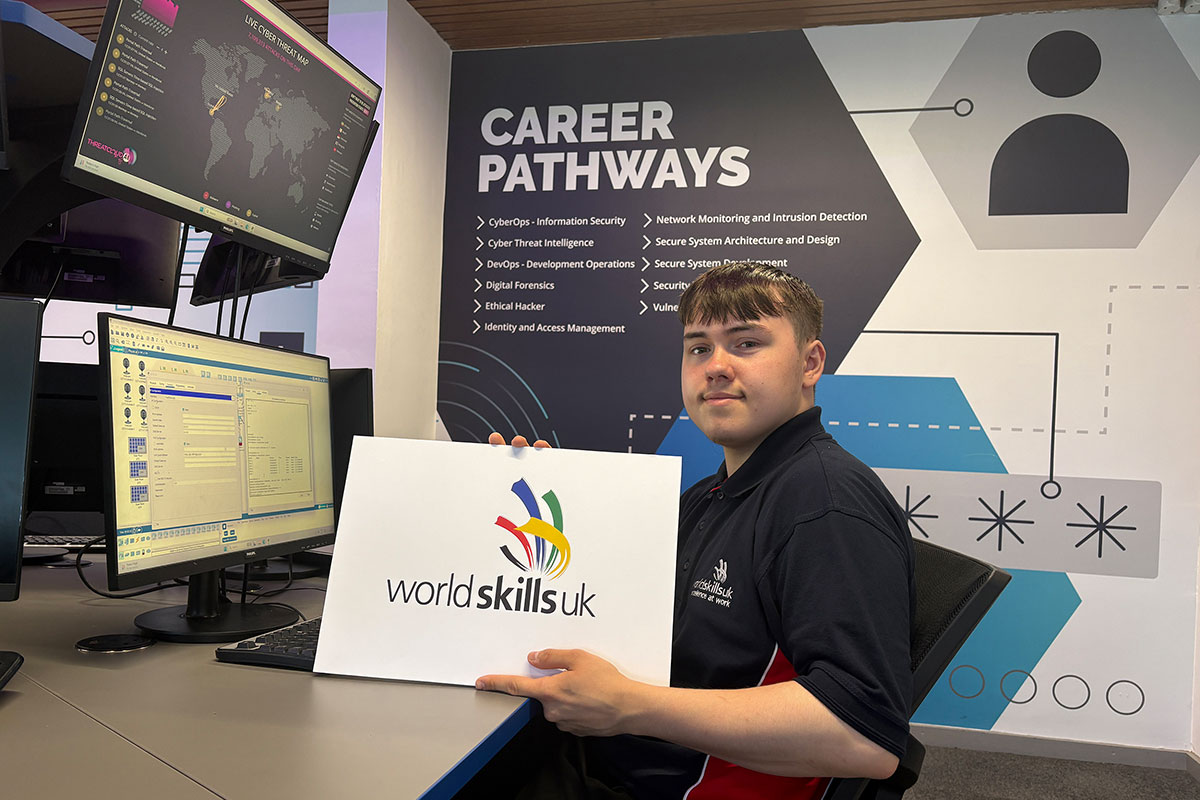
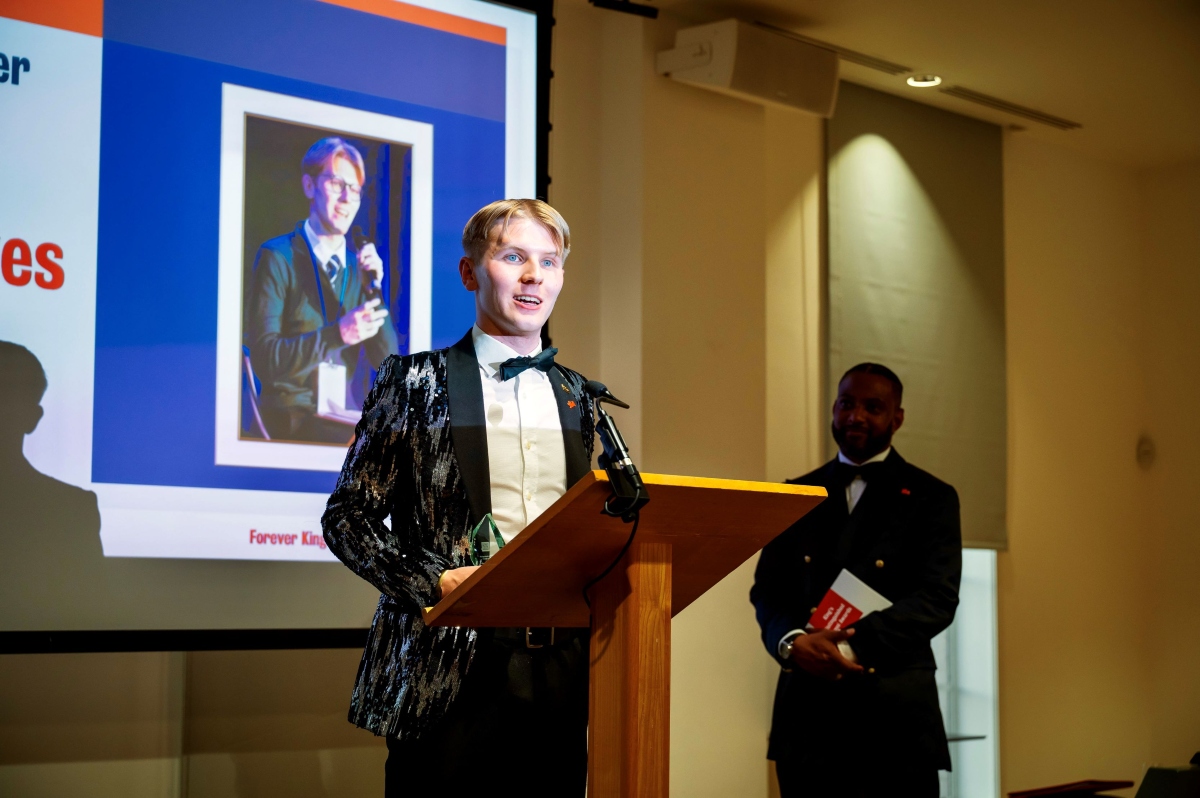
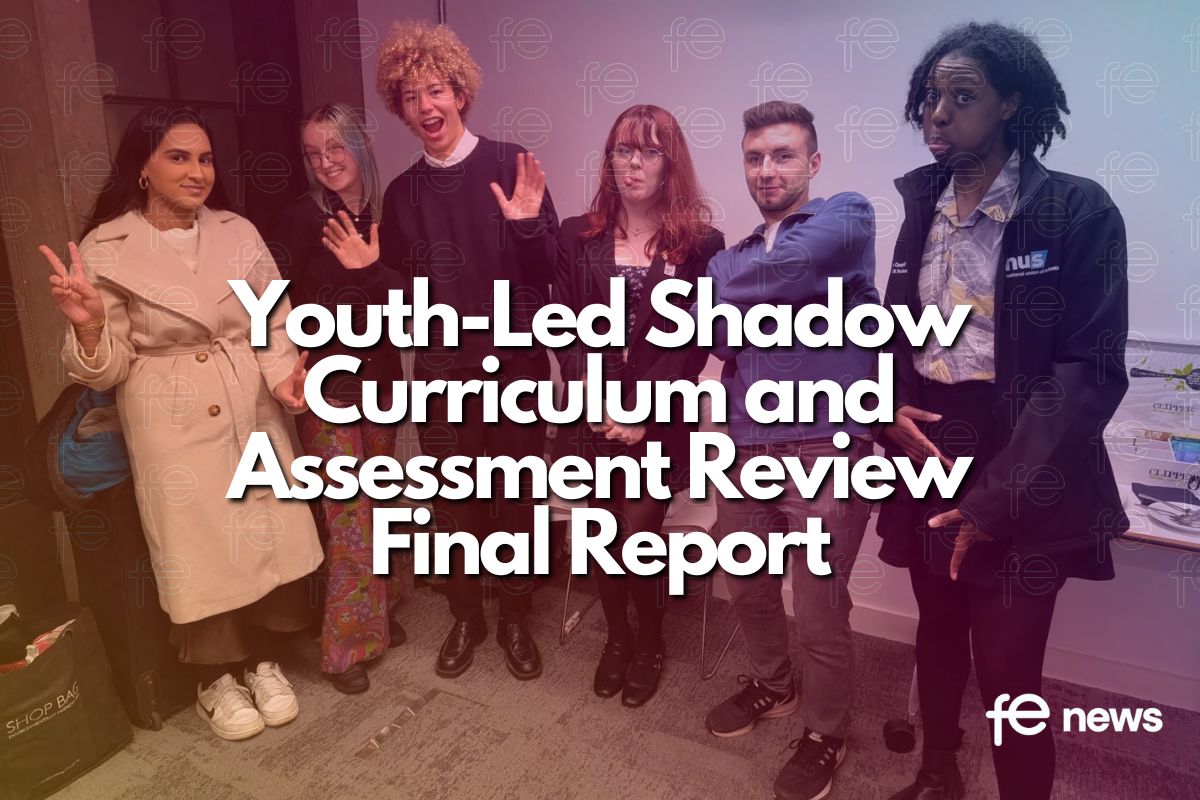


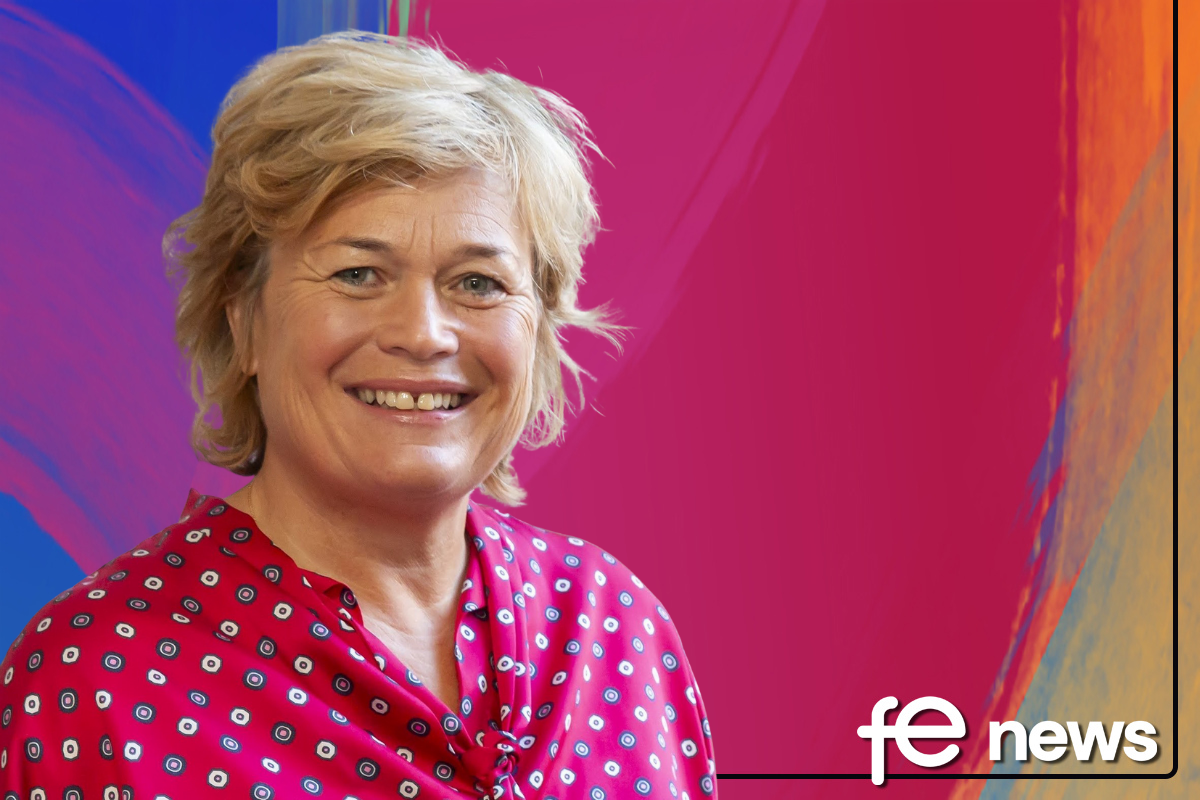


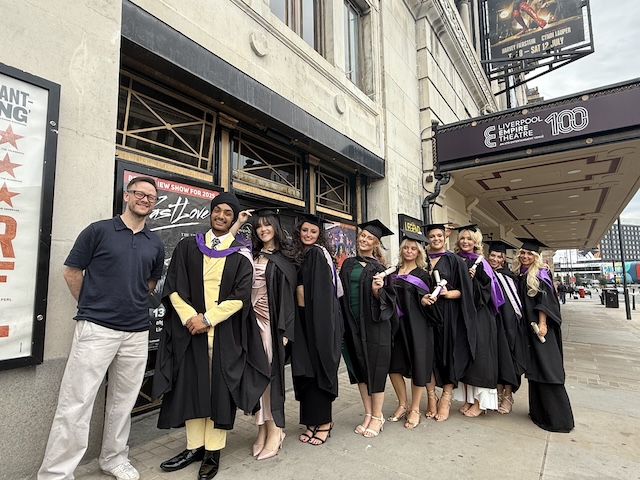

Responses